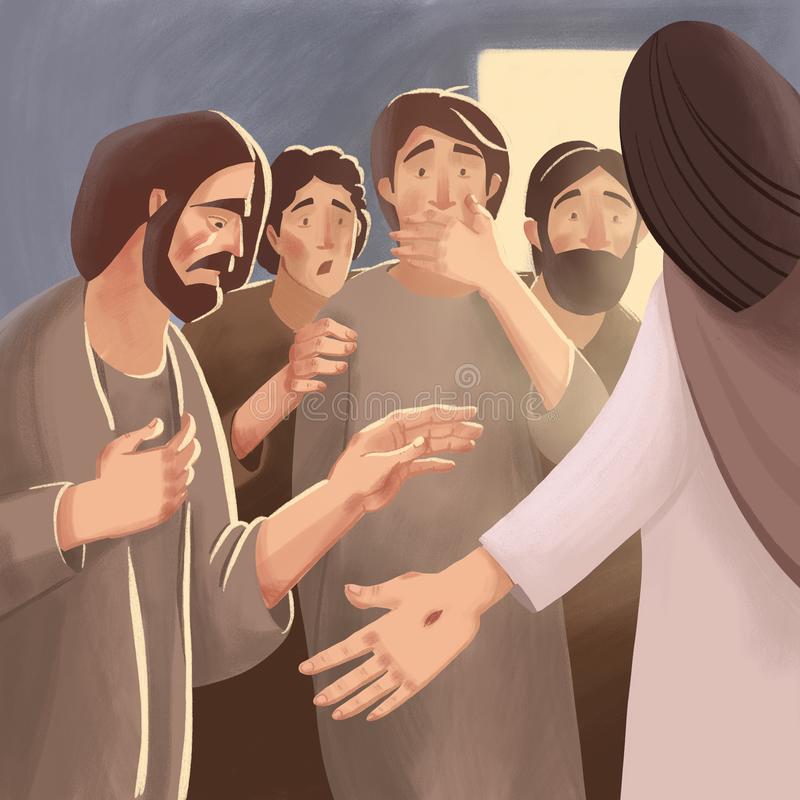As I was preparing to write out the Gospel reflection for this week, I happened to catch a homily that Bishop Robert Barron released this weekend on YouTube. Like many other Catholics out there, I absolutely love Bishop Barron’s insights into Catholic Christian life, the world around us, and growing a deeply meaningful relationship with God.
Along with being an ardent appreciator of Bishop’s Barron’s contributions to our faith tradition, I was particularly moved by the homily he gave for John 20:19-31, which is titled “The Wounds of Love”. And kind of funny that, when I first read the title, I immediately thought of my plight as a single person – and when I had put myself out there to meet a special person, the string of frustrating situations I had encountered when trying to get to know someone, while also having to navigate all the emotional baggage and subjective views of relationships being perpetuated throughout our modern world.
Yet Bishop Barron’s message was not at all about dating and relationships. It was about love itself –though not limited to how we apply the word as creatures who care about one another. Barron is referring to, and as this week’s Gospel so captively demonstrates, the love that God has given to us: The ultimate meaning of love. That the wounds Christ suffered and endured are the wounds of our sin. And by Christ’s unmatched love for us, He suffered death and then rose from the dead to heal our wounds of sin.
What makes this Gospel passage even more moving, as Bishop Barron explains, are two actions that represent the core foundation of Christianity:
- Jesus, who had just endured an excruciatingly painful death, and even despite the apostles hiding out for their lives, does not resurrect to bring wrath and vengeance, but rather to greet the apostles with “Peace be with you”, empower them with the Holy Spirit, and grant them the Divine means to carry out the Gospel and establish the Church to which we now belong.
- Thomas — who was so famously skeptical during Jesus’s appearance, that the term “doubting Thomas” is now a cliché about anyone who is a strident skeptic – does not buy into Jesus’ resurrection until he can examine Christ’s wounds. But then, when Jesus offers the opportunity, Thomas realizes that he is in fact standing before the risen Christ. And then the next words from Jesus, which predicate the entire mystery of faith that, to this day, we embrace, challenge, deny, then embrace again, then doubt again, and so on: “Blessed are those who have not seen and have believed.”
This week, I pray that any time I am afflicted with my own doubts, or when I encounter anyone who attempts to shake my faith, I remember that Christ’s death and resurrection is not only about having faith in our salvation – but above all, having *love*. Christ loves us. He paid an unthinkable price to show that. And though I did not witness it, I see it through the eyes of a 2000-year-old Church that has consistently upheld the Gospel – and which gives numerous reasons to believe.
Moreover, as I continue to contemplate this week’s Gospel, I ask myself the following questions: Am I being consistent in my prayer life and relationship with God? What are some ways I can continue to strengthen my faith against doubts? Am I sharing my faith effectively so that others who have also not seen may believe too?
Our faith journey has no shortage of obstacles. However, when we fully embrace Christ’s ultimate act of love, and when we allow the Holy Spirit to guide that love, our wounds are healed…as well as our doubts.
